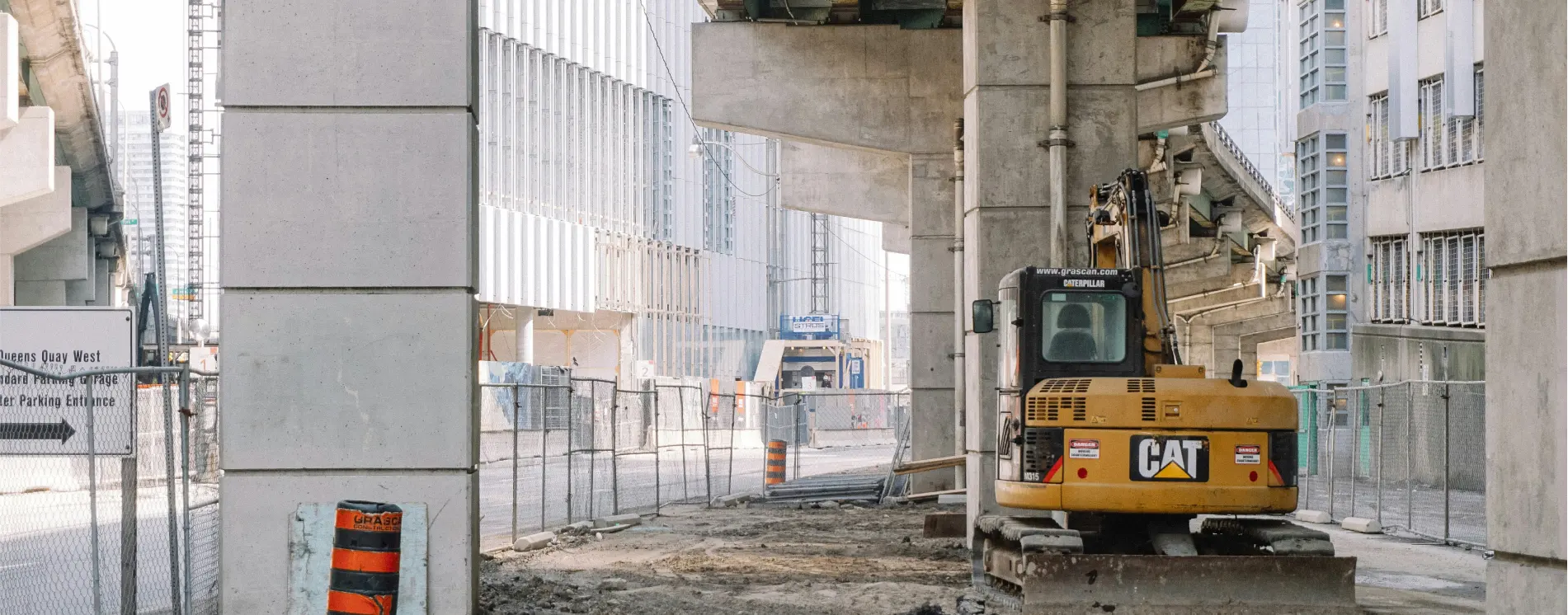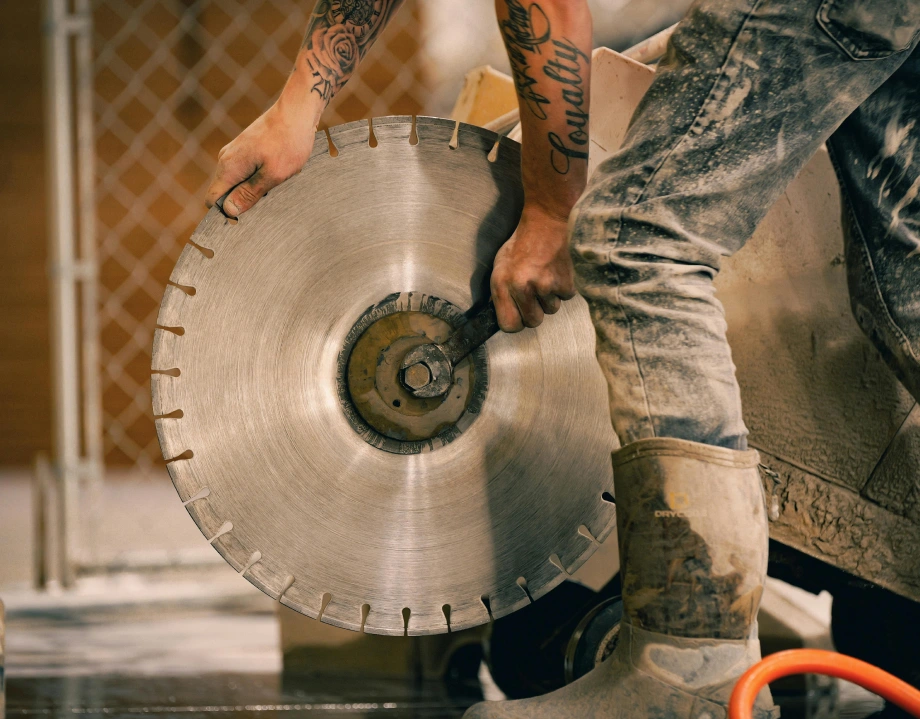

The wrong automation partner can leave you worse off than before — with broken tools, frustrated staff, and no ROI.
Here’s how to find the right fit, especially in an industry where “done for you” often means “you’re on your own.”
A good automation consultant knows how crews, GCs, and office teams work.
They understand that job costing isn’t the same as accounting — and that field updates don’t wait for Wi-Fi.
Ask for examples specific to your industry before signing anything.
If a consultant jumps straight into tools (“Let’s build a Zap!”), that’s a red flag.
Real transformation starts with a discovery phase — mapping your workflow, identifying bottlenecks, and documenting handoffs before building anything.
A great partner builds systems that your least tech-savvy team member can use confidently.
Automation should make your life easier, not add another layer of confusion.
If it’s not documented, it doesn’t scale.
The best consultants hand you training videos, SOPs, and ownership — not dependency.
Systems need maintenance.
Look for someone who offers ongoing optimization, not just a one-time setup.
That’s how you ensure your investment keeps paying off.
Good automation isn’t about fancy tools — it’s about freeing people to do their best work.
And the right partner? They’ll make that happen quietly, consistently, and without fanfare — because great systems just work.
→ Curious what that could look like for your business?
Book a discovery call today.


.png)
The wrong automation partner can leave you worse off than before — with broken tools, frustrated staff, and no ROI.
Here’s how to find the right fit, especially in an industry where “done for you” often means “you’re on your own.”
A good automation consultant knows how crews, GCs, and office teams work.
They understand that job costing isn’t the same as accounting — and that field updates don’t wait for Wi-Fi.
Ask for examples specific to your industry before signing anything.
If a consultant jumps straight into tools (“Let’s build a Zap!”), that’s a red flag.
Real transformation starts with a discovery phase — mapping your workflow, identifying bottlenecks, and documenting handoffs before building anything.
A great partner builds systems that your least tech-savvy team member can use confidently.
Automation should make your life easier, not add another layer of confusion.
If it’s not documented, it doesn’t scale.
The best consultants hand you training videos, SOPs, and ownership — not dependency.
Systems need maintenance.
Look for someone who offers ongoing optimization, not just a one-time setup.
That’s how you ensure your investment keeps paying off.
Good automation isn’t about fancy tools — it’s about freeing people to do their best work.
And the right partner? They’ll make that happen quietly, consistently, and without fanfare — because great systems just work.
→ Curious what that could look like for your business?
Book a discovery call today.
